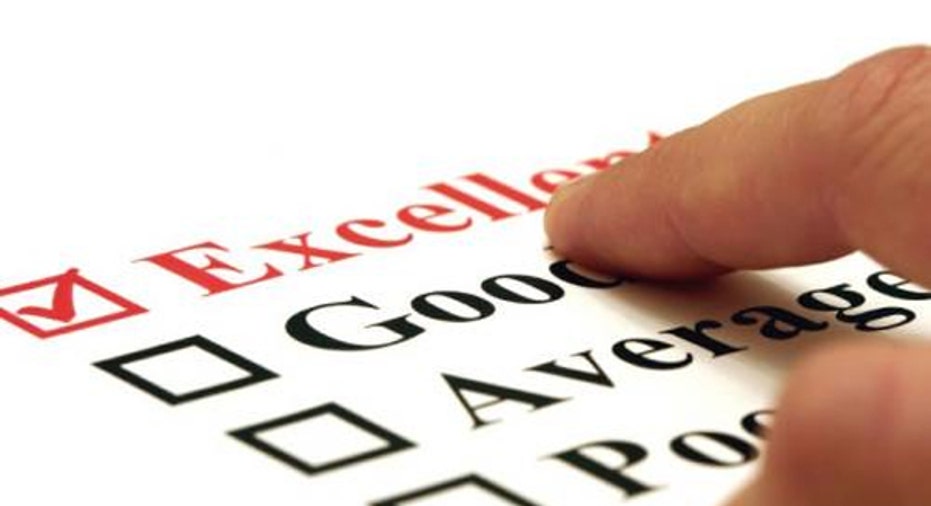Pay off Debt vs. Settle it: Which is Better for Your Credit Score?

Dear To Her Credit,
I am five months behind on a credit card. Would it be better to settle for a specified amount or try to pay monthly to pay off the $4,000 I owe? I am trying to determine which would be better for my credit score.
- Esther
Dear Esther,
If you're trying to decide whether to pay off a debt or settle, paying off the debt is apparently an option. In that case, pay the debt.
There's no contest on which will be better for your credit score. A paid-off account, even if it shows some late payments along the way, reassures future potential lenders that you pay your bills.
A settled account, however, is a giant red flag. If you purchased goods and services using your credit card and then didn't pay for them in full, what assurance does the next potential lender have that you will pay them?
Another reason I recommend that you just pay the $4,000 if you can is that settling with the bank isn't nearly as easy as many people think. Contrary to radio and Facebook ads, you can't just tell your bank you're ready to pay pennies on the dollar on your bill and expect them to jump for it.
It's true that banks have hardship programs for people who are unemployed or who temporarily cannot pay their bills for other reasons. In addition, banks often settle for less than the full balance when they believe that's the best they can do. But they are not in business so they can pay merchants for goods and services on behalf of cardholders and then not get paid in return.
A $4,000 balance is not insurmountable for most people who have a steady income or skills they could use to make money. Can you take a second job? Do you have a skill, such as landscaping or housecleaning, that you could do in your spare time? Some people make extra cash by having a garage sale or by buying and selling things on eBay or Craigslist.
There are times, however, when you should not pay off debts. Don't part with your money too quickly if any of the following are true:
- Paying the debt would mean you can't pay your rent, buy food or pay for other necessary expenses such as insurance. I just read about a woman who paid the IRS more than $1,000, and then couldn't pay her rent. Now she thinks her landlord is heartless because he wants to evict her. Sure, she wanted to get that tax bill over with, but rent comes first.
- You have no emergency fund left after you pay the debt. The minimum size of an emergency fund may be debatable, but the necessity of having one is not. Living without any backup money, even if some of it is in the form of credit, is like walking on top of the guardrail at the Grand Canyon.
- The debt is insurmountable in comparison to your income, and you cannot do anything to improve your income level.
Don't give up! Paying your credit card balance off is not only the best thing for your credit score, but it puts you back in control. You always have options -- look at them carefully, and take care of your credit!
See related: How debt settlement works, how it affects credit scores



















